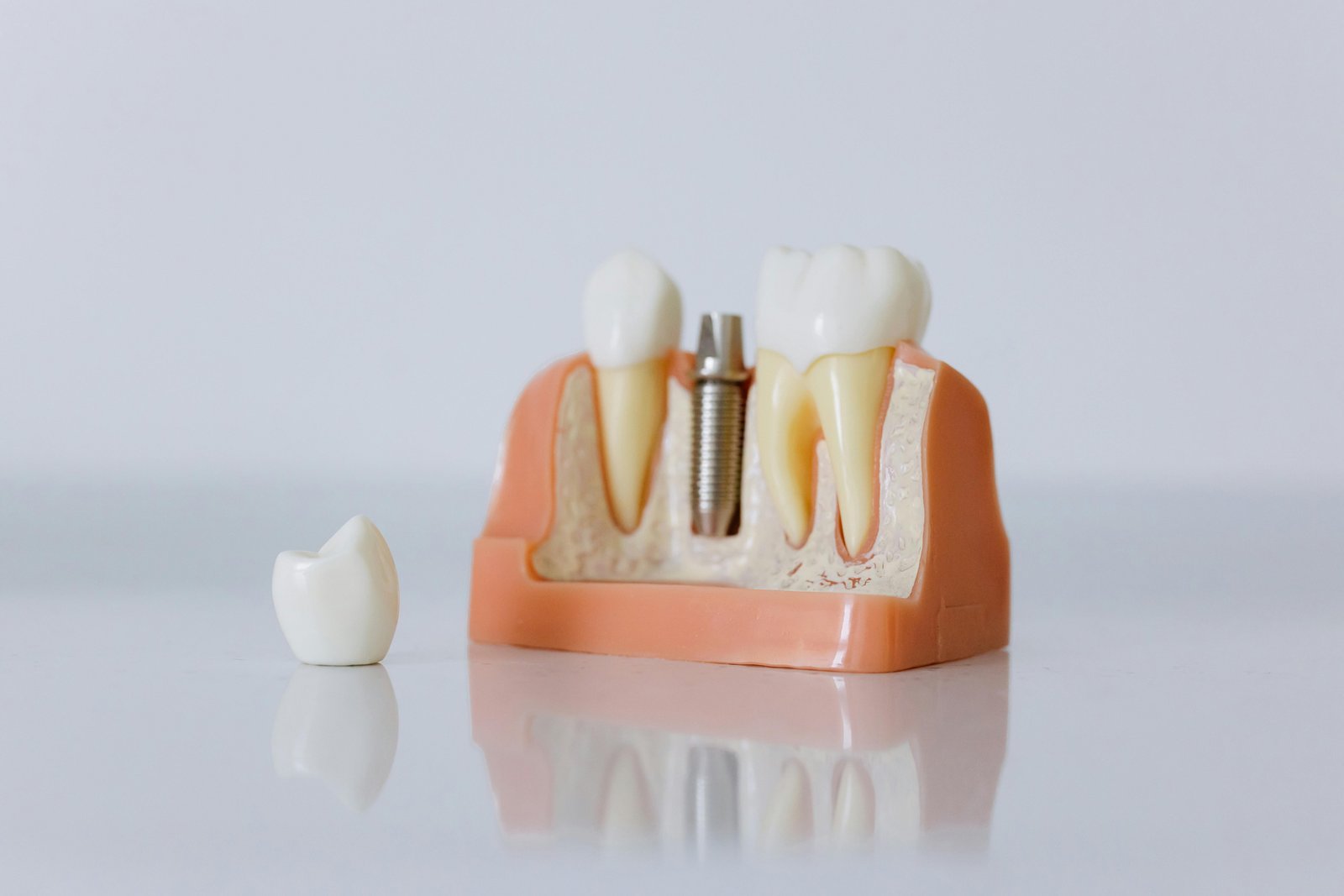Wisdom teeth, also known as third molars, are the last set of teeth to emerge, typically appearing in your late teens or early twenties. While some people have no issues with their wisdom teeth, many experience discomfort, pain, or dental problems, making wisdom teeth removal a common procedure. In this blog, we’ll discuss why wisdom teeth need to be removed, the removal process, and the benefits of early intervention.
Why Do Wisdom Teeth Need to Be Removed?
One of the main reasons people undergo wisdom teeth removal is due to impaction. Impacted wisdom teeth occur when there isn’t enough room in the jaw for the teeth to properly emerge, leading to issues like:
- Pain and discomfort: Impacted wisdom teeth can cause swelling, tenderness, and aching in the jaw and surrounding areas.
- Infection and inflammation: Bacteria can easily accumulate around impacted teeth, increasing the risk of gum infections or cysts.
- Damage to neighboring teeth: Impacted wisdom teeth can push against adjacent molars, causing misalignment, damage, or decay.
By removing impacted wisdom teeth early, you can prevent more serious complications, such as infection or damage to other teeth.
The Wisdom Teeth Removal Procedure
Wisdom teeth removal is a routine procedure typically performed by a dentist or oral surgeon. Here’s what to expect:
- Consultation: Before the procedure, your dentist will evaluate your wisdom teeth through X-rays to determine their position and whether removal is necessary.
- Anesthesia: The procedure usually involves local anesthesia to numb the area, but in some cases, sedation or general anesthesia may be used to ensure patient comfort.
- Extraction: The dentist will make a small incision in the gum tissue to access the tooth. In cases where the tooth is impacted, it may be broken into smaller pieces for easier removal.
- Recovery: After the procedure, it’s normal to experience some swelling and discomfort. Your dentist will provide post-op care instructions, including using cold compresses, soft foods, and pain management options.
Benefits of Early Wisdom Teeth Removal
While wisdom teeth removal can be done at any age, there are several advantages to having them removed earlier in life:
- Easier recovery: Younger patients tend to heal faster and experience fewer complications
- Prevention of future problems: Removing wisdom teeth before they become problematic can prevent crowding, infections, and pain.
- Improved oral health: Wisdom teeth can be hard to clean, making them prone to cavities and gum disease. Removal helps maintain optimal oral hygiene.
Conclusion
Wisdom teeth removal is a preventive measure that can protect your oral health in the long run. Whether your wisdom teeth are impacted or causing discomfort, it’s important to consult with your dentist to determine if removal is the best option. Early intervention can help avoid future dental complications and ensure a smoother recovery process.
If you still have your wisdom teeth, don’t worry – we’ll closely monitor their growth and alignment. If you have any questions about wisdom teeth or their development, feel free to give us a call. We’re here to provide all the answers you need!


